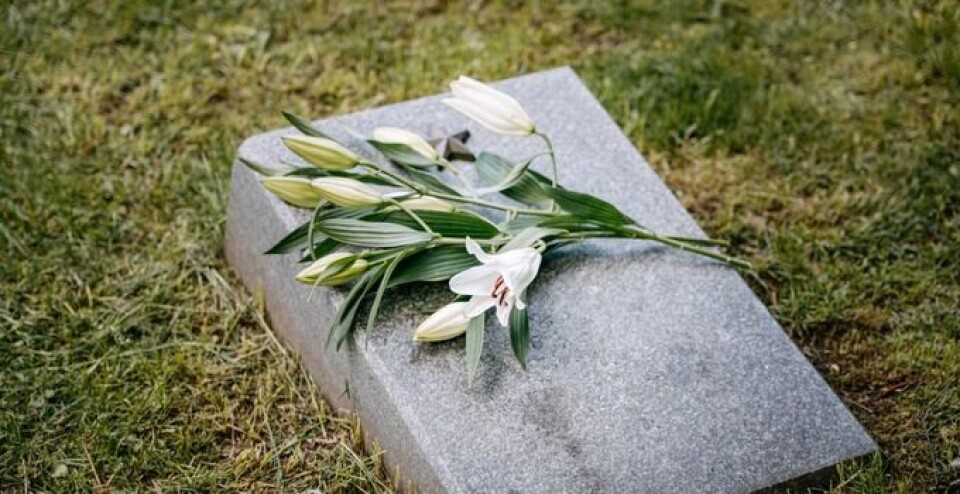Copyright : Re-publication of this article is authorised only in the following circumstances; the writer and Africa Legal are both recognised as the author and the website address www.africa-legal.com and original article link are back linked. Re-publication without both must be preauthorised by contacting editor@africa-legal.com
Win for widows in Kenya

For generations, Kenyan culture has dictated that the clan of a dead man gets to determine his burial place, not the man’s widow. This practice has, however, now been overruled, writes Paul Ogemba.
In a recent judgment, Court of Appeal Judges Francis Tuiyot, Lydia Achode and Mwaniki Gachoka declared that a man’s widow should decide where her husband will be buried, not his relatives.
“Whereas relatives may understandably be aggrieved and emotionally drained, the law is not on their side. It only recognises persons who are closest to the deceased to have the right to bury him. Those persons have been identified as the spouse, children, parents and siblings in that order,” the judges ruled.
Their decision was a major victory for widowed women who, under the communal customs, usually have no say in their deceased husband’s final resting place and only get to rubber stamp what the relatives decide. It also ended a ten-month legal fight between one widow, Zipporah Masese, and her brothers-in-law – Joseph Ontweka, Elisha Ontweka, Stanley Ontweka and David Ontweka – over who should have the right to bury the deceased, Naftali Onderi.
Naftali passed away in April 2023 and has been lying in the mortuary ever since. His brothers wanted him buried at his ancestral village within Kisii County, about 305km from Nairobi, in accordance with the community’s cultural and burial rites. The widow, however, wanted her husband buried at their matrimonial home on the outskirts of Nairobi, arguing that they had settled in the place and that she had the right to decide where her husband would be laid to rest.
The dispute started when the brothers obtained a burial permit and wanted to transport the deceased’s body to their rural home, but the widow filed a suit at the magistrate’s court and obtained an order stopping the burial.
She suffered a blow when the magistrate ruled that cultural practices must be followed and the brothers were given permission to bury the deceased man at their ancestral home.
Masese appealed at the High Court, where the judge overturned the magistrate’s decision and ordered that she be given the body. The brothers then went to the Court of Appeal which dismissed their claim and allowed the widow to have her way.
The appellate judges ruled that although the constitution recognises customary law, it gives a rider that the customary law should not be repugnant to justice, morality or any written law.
“In burial disputes, we can only call our constitution a living constitution if it also considers the customs that communities regard as crucial in death rites but only to the extent that the death rites also promote constitutionalism and the burial wishes of the deceased,” ruled the judges.
They stated that although the Kenyan legal system does not have a hierarchy of identifying who has the most legitimate interest in a burial dispute, the right to bury a person should be determined in terms of legal proximity to the deceased which gives the wife the right to decide the burial place
To join Africa Legal's mailing list please click here
